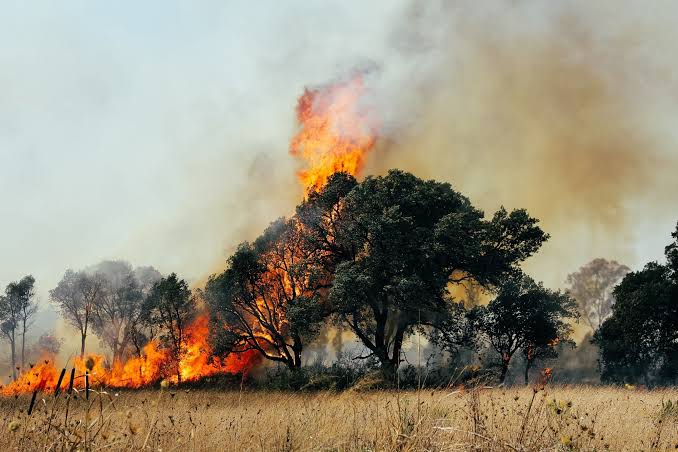Chief Executive Officer of Green Sahara Farms, Mr Suleiman Dikwa, has said that the impact of climate change is threatening medicinal resources and healthcare innovations in the country.
He noted that many essential medicinal resources are under threat as some plant extracts crucial to the pharmaceutical industry are nearly extinction.
He added that the destruction of ecosystems hampers the capacity to discover cures for terminal diseases like cancer.
“Turning to healthcare, the impacts of climate change are not limited to deforestation. Many essential medicinal resources are under threat. For instance, certain plant extracts crucial to the pharmaceutical industry are nearing extinction.
“The destruction of our ecosystems hampers our ability to discover cures for terminal diseases like cancer, which might be hidden in the forests we are losing,” he said
According to Dikwa, historically, up to the 1950s, resource availability dictated human settlement and organization.
“However, experts agree that since then, we have entered the Anthropocene era, where human activities have become the dominant geological force,” he said.
Dikwa said that in Nigeria, poverty-driven disruptions have significantly impacted supply chains, highlighting the interconnectedness of climate change, natural resources, and socio-economic issues like insecurity and logistics disruptions.
He stated that it is difficult to pinpoint a single factor responsible for these changes, noting that ultimately, the underlying issue is the finite nature of the country’s natural capital, bringing it to the concepts of weak sustainability.
“This reflects a case of weak sustainability, where manufacturing capital, which has value only through transactions, is used to sustain natural capital, which has inherent value regardless of transactions. Shares, money, and derivatives can lose their value, but natural capital remains fundamental to human existence.
Experts agree that at our current consumption rate, we will require 1.6 times the earth’s resources in the next 50 years. This finite nature of resources necessitates a shift in how we value and report them,” he said.
Dikwa noted that current business reporting primarily focuses on the valuation of manufactured capital, stressing that this mindset poses a significant risk as it overlooks the intrinsic value of natural capital.
To address this, he said that businesses need to report the value and impact of natural capital, integrating it into their accounting systems.
He noted that the ongoing conversation around Environmental, Social, and Governance (ESG) metrics has persisted for 60 years, yet the country still lacks clear outcomes.
According to him, starting with the Sustainable Development Goals (SDGs) and utilizing simple SDG metrics could provide clearer outputs.
Dikwa noted that energy and utility sectors are also threatened by resource availability, adding that Africa and Nigeria, however, have an opportunity due to their underdevelopment.
Source: Niarametric

